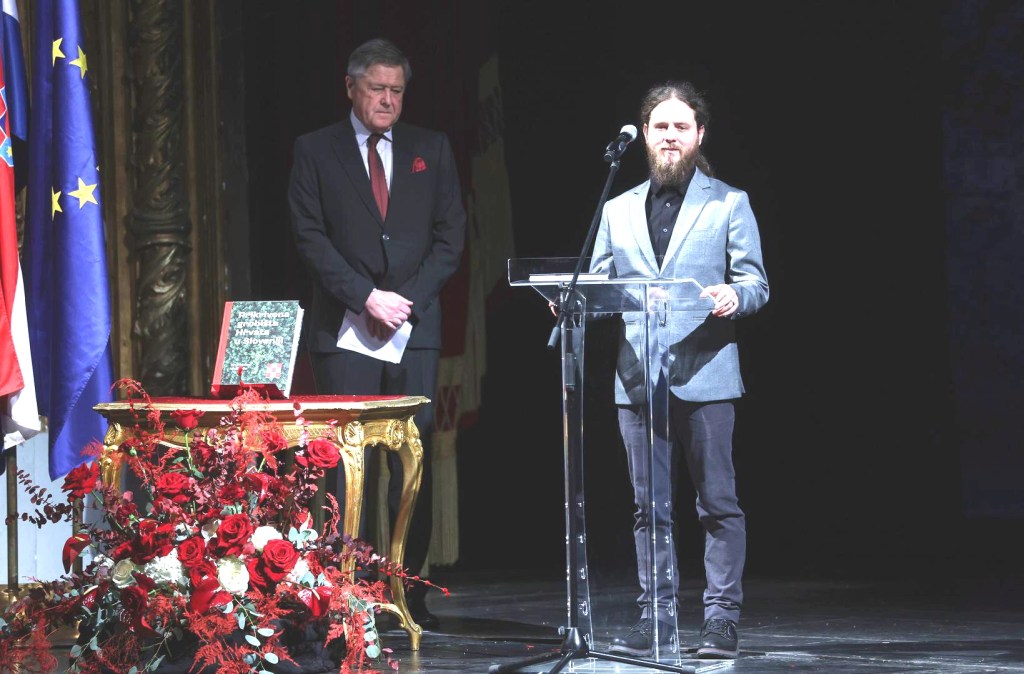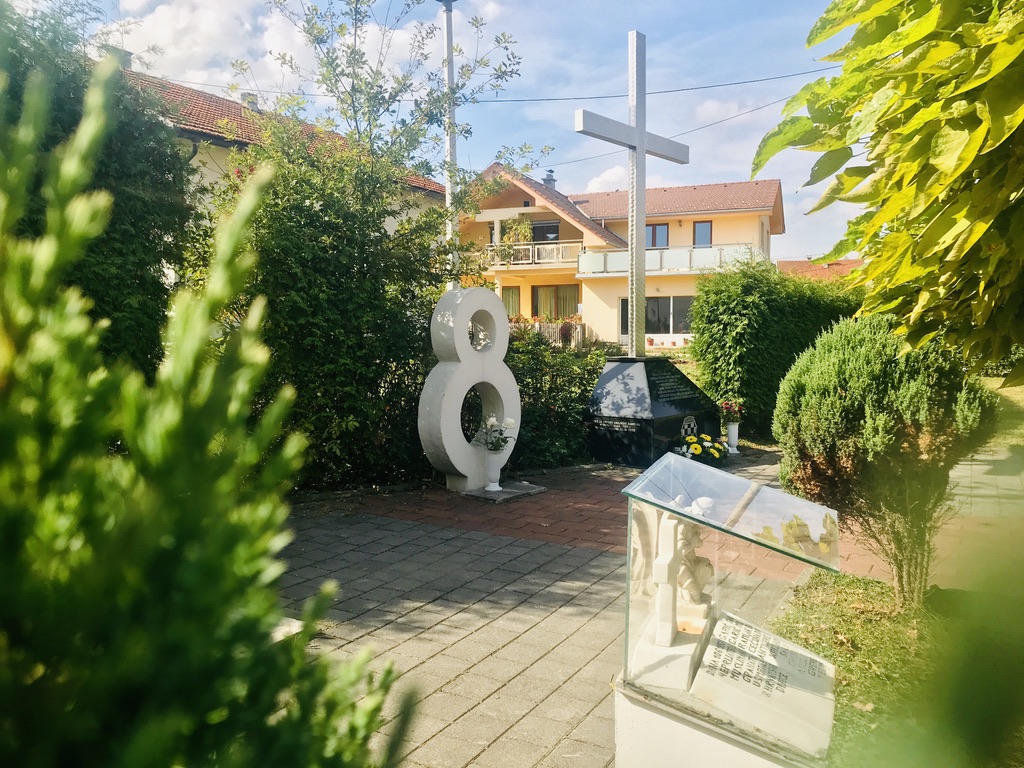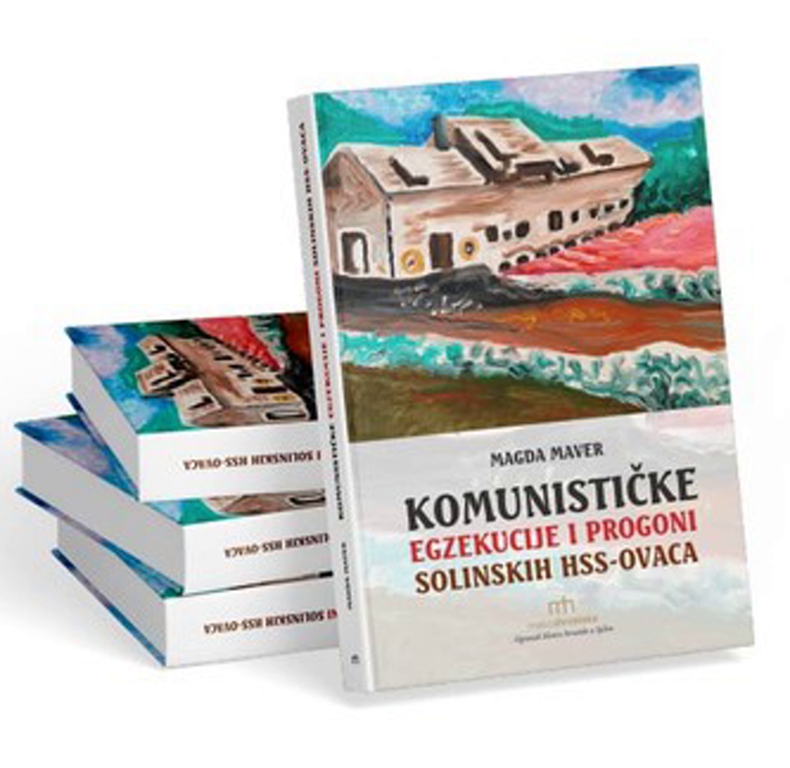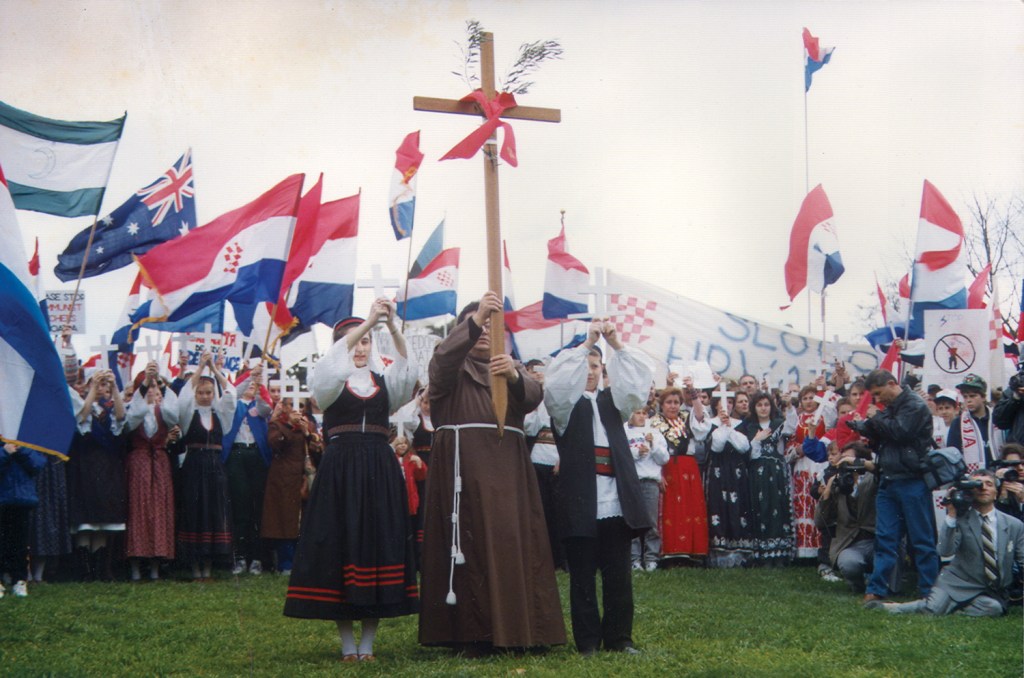The 25th anniversary of Croatia’s declaration of independence is fast approaching; 25 June is just around the corner. Personal wounds from war are still raw as most victims still wait for justice, for the perpetrators of crimes to own up, to repent, to acknowledge, to accept… to reconcile. Anyone who has had exposure, whether direct or through media, to the 1990’s Serb attacks against Croatia and Bosnia and Herzegovina that had the sole purpose of ethnically cleansing of non-Serbs significant territory in those former Yugoslavia states and declaring them Serb/Serbia territories/regions, would remember Serbia’s Red Berets units operating with utter murderous depravity. The Red Berets sowed terror and mass murder everywhere they stepped – a cruel disregard for human life and wanton urgency to destroy it if it was not Serb.
When in March 1991 Serbia’s Slobodan Milosevic sent special security operatives to Croatia he was whipping up Serbian nationalism, preparing to attack Croatia. As Croatia got closer to peacefully and democratically achieving its goal of independence from Yugoslavia Milosevic went about setting up murderous units within Croatia. Initially this was by way of helping local Serbs in Croatia establish special militias, killing units some of which would wear distinctive red berets and the rest of the world was only dimly aware of a simmering ethnic conflict that was about to explode in former Yugoslavia, unable to even imagine that this conflict would involve brutal ethnic cleansing of non-Serbs. Belgrade based Yugoslav politicians needed a way to make secret war on their own republics that were pushing for independence without involving the military. Red Berets were set up in Croatia (and later in Bosnia and Herzegovina) as units consisting of ex-policemen, ex-convicts and other self-proclaimed volunteers who would answer only to Serbian secret police. The Red Berets units in Croatia called “Ninjas”(Knindze) operated in the Serb self-proclaimed territory of Krajina and involved the leadership by Captain Dragan (also known as Dragan Vasiljkovic and Daniel Snedden) who in 1991 arrived in Croatia from Australia and immediately began serving as commander of a Serb Red Berets unit. Vasiljkovic was extradited to Croatia in 2015 and is currently before the courts answering to charges of five counts of war crimes and crimes against humanity committed during the conflict by ethnic Serbs in Croatia between 1991 and 1993.

Dragan Vasiljkovic, Serbian Red Berets operative in Croatia. Photo: Reuters/RE (screenshot tportal.hr, 2010 )
Serbia’s Red Berets operating in Croatia and Bosnia and Herzegovina (referred to as “Ninjas”, “Serb Voluntary Guard”, “Arkans”, “Tigers, “Scorpions”, “Wolves” or just “Unit”) significantly contributed to the invention of the 1990s version of “ethnic cleansing” and went on to become the most feared so-called paramilitary unit of the 1990’s wars in former Yugoslavia. Despite volunteers etc being members of Red Berets these units were certainly not paramilitary formations as they have often been described because Serbia’s state institutions formed them with the approval by the heads of state. There is no doubt that without such units, politicians like Slobodan Milosevic and Radovan Karadzic would never have had the means to carry out their radical ethnic policies.
And just as the 25th anniversary of Croatia’s independence declaration arrives this month reflection upon the terrible past needs to include reflection upon the progress of any post-war reconciliation path between the different ethnic groups. Lasting reconciliation and peace can only be established through looking into the past and accepting as well as acknowledging both its good and evil – expressing and feeling remorse and sorrow for the evil perpetrated. But, speeches of some leading politicians, public figures and even government operatives in Serbia often reveal deep-rooted denials of any wrongdoing in Croatia and Bosnia and Herzegovina; they continue regurgitating WWII as if WWII occurred in 1990’s! Publicly expressed heartfelt remorse and true reconciliation for wrong doings as a matter of national course, particularly in Serbia where the original aggression stemmed from, are perhaps more distant now than ever before.

Mirjana Karanovic (Photo: Screenshot)
But seeds of light are visible. There are people who seem to think hard about remorse as part of reconciliation for the terrible war crimes committed in the name of ethnic cleansing in Croatia and Bosnia and Herzegovina. On Sunday 12 June I experienced a wonderful thing that pours hope into the process of true reconciliation and that wonderful thing was, in fact, seeing the 2016 Serbian film by a renowned Serbian actress and now film director Mirjana Karanovic, “A Good Wife” (Dobra Žena), that’s starting to hit world’s film festivals and cinemas (although it had its debut screening at this year’s Sundance festival some months back) with an increasing force and impetus of human foundations of lasting reconciliation.
In the movie, Milena (Karanovic) is a middle-aged housewife living with her not very sensitive but a good provider husband and their two children not far from Belgrade in a comfortable home who accidentally stumbles upon, discovers her husband’s war crimes in Bosnia as an operative of the Red Berets. She agonises as to what to do with the distressing discovery about her husband’s past. After a doctor confirms something she was trying to ignore — a neglected lump in her breast — and recommends immediate mammogram, Milena embarks on a furious bout of house and garage cleaning. She discovers videotape from her and her husband’s happier times; playing it on after the footage of her and her husband in younger days finishes, to her surprise, she discovers the tape also contains some shocking, chilling wartime footage of her husband and his Red Berets unit in Bosnia executing scores of bound and frightened civilians in cold blood. Now looking at the world through more alert eyes, Milena must reconsider everything that she once took for granted in her life; as she continues to study her husband and their surrounds including friends, a craving to effectuate justice subsumes her desire for affection.

A Good Wife (Photo: screenshot)
The discovery of that terrible secret festers deep inside Milena’s soul like a cancer, forcing her to act outside of her usual comfort zone of submissiveness and servitude; but, nonetheless, Milena approaches the situation with great stoicism. Passing comments and manners displayed by her husband Vlada and his other former Red Berets war mates show a repugnant attitude that the war crimes were not crimes at all – they were needed and justified for political gain of Serbia. The film masterfully addresses emotional intensity in all concerned through mostly telling glances and gestures, but also with alternating almost-fixed close-ups, seemingly taken with handheld camera, giving the effect of twitchy movements, which may unnerve at times until one realises the powerful effect this technique also brings to the portrayal of emotions in turmoil.
“Karanovic’s film intelligently presents the evils of ethnic cleansing by way of the guilt that suppurates within the country responsible for the atrocities. While xenophobes may selfishly believe that mass genocide will quell their fear of ‘others,’ they fail to consider how their actions will impact the world around them, especially their friends and family.”
While Karanovic said at the Sydney Film Festival screening that the movie has not had any notable or sweeping impact in Serbia she hopes it may contribute to wider discussions in the society about reconciliation once it is aired on television. As to what motivated her to co-write the script and make such a movie knowing that its theme would win her no fans in her own country (Serbia) but possibly pile enemies and resentment against her, she responded that she can only be what she is.
“When I played Milena, I had a big empathy with her because I think it is very hard to change oneself at that age. You cannot bring back a lost soul. Once you lose your soul, then you are merely an empty shell that moves around. I made this film for my own soul.” She once said.
She said that she wanted to make a film on the subject for a number of years and that the idea became a compelling passion. She wanted to show what elements of human behaviour and emotions she believes one must go through in order to truly reconcile with those against whom one has committed terrible crimes. She articulated her deep beliefs that reconciliation for Serbs with regards to the 1990’s war crimes is only possible through admission of the crimes by each and every perpetrator and that Serbia’s society must also embrace this path instead of permitting denial to fester and thus keep the very idea of lasting reconciliation in perpetual turmoil. Certainly a film to see on many fronts but to me its best message is that cover-ups and denial of war crimes lead nowhere except eternal unrest and that Serbia still has a long way to go before any widespread positive progress in reconciliation with other ethnic groups in the region, linked by recent history of violence and war crimes – is made. Ina Vukic, Prof. (Zgb); B.A., M.A.Ps. (Syd)









Leave a reply to inavukic Cancel reply